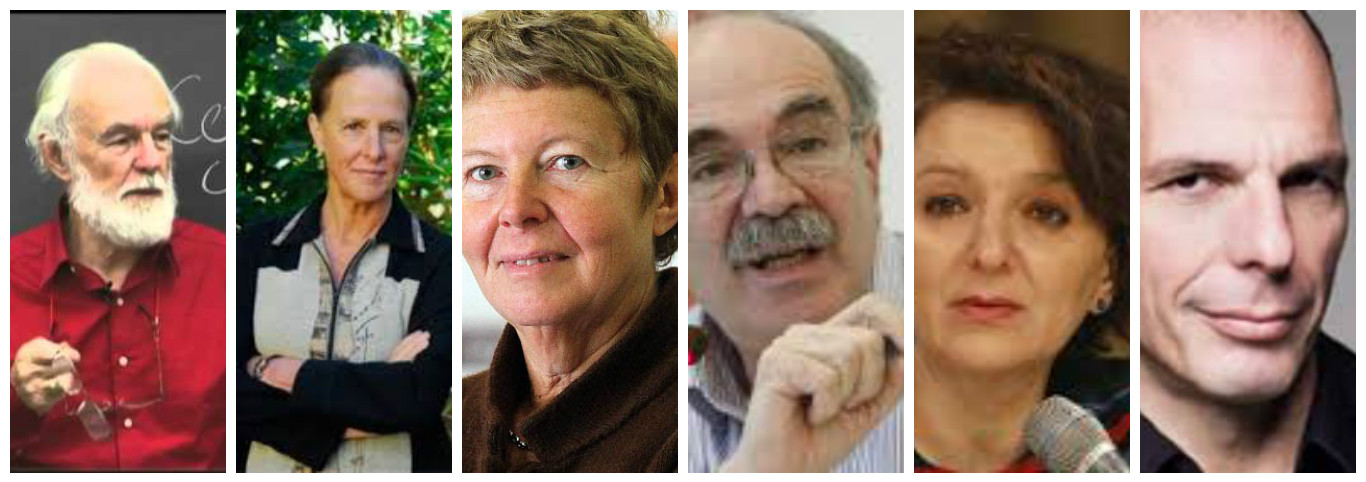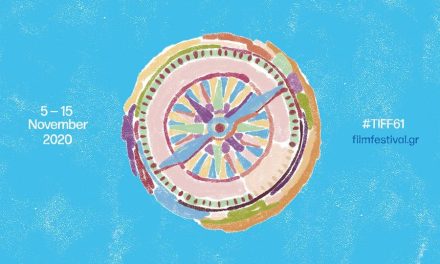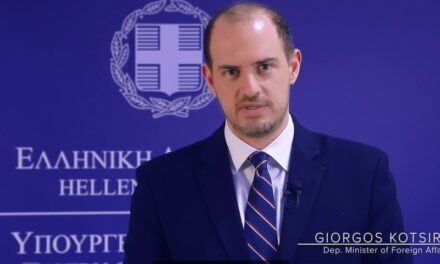The European Sociological Association’s 13th Conference will take place in Athens (Harokopio University & Panteion University of Social & Political Sciences, 29.8.2017 – 1.9.2017) under the general theme “(Un)Making Europe: Capitalism, Solidarities, Subjectivities”.
According to the organizers the promise of Europe and the geographical, political, and social borders of Europe have been unmade and this ‘unmaking’ poses a profound challenge for sociology and the social sciences, and this is especially true since the ‘Great Recession’ of 2008: Europe can be made or unmade, European society, and even the very idea of Europe, is under threat.
The title of the conference is further explained as follows: First, the inherent contradictions of capitalism are obviously stronger than we thought: Greece, where the emphatic idea of “Europe” originated, has experienced severe austerity measures; Europe has seen a deepening of neo-liberal politics, threats to what remains of the welfare state and increasing inequality.Second,solidarities are fragmented in and between societies across Europe. The new world economic crisis formed a context for both the constitution and the undermining of solidarities. On the one hand, from the Arab Uprisings to the various Occupy and Indignados movements – and their manifestations at the level of political parties – we have seen rebellions by citizens demanding political change. On the other hand, refugees fleeing wars have been denied human rights and their lives have been threatened by the closure of borders and the lack of a coordinated European strategy.Third,subjectivities are formed that do not only result in resistance and protest, but also in apathy, despair, depression, and anxiety. Authoritarianism, nationalism, racism, xenophobia, right-wing extremism, spirals of violence, and ideological fundamentalisms have proliferated throughout the world, including in Europe.
In the above context the underlying question for the conference is: How and where to should a sociology that matters evolve? How can sociology’s analyses, theories and methods, across the whole spectrum of European Sociological Association’s 37 research networks and various countries, be advanced in order to explain and understand capitalism, solidarities and subjectivities in the processes of the making, unmaking and remaking of Europe?

There will be 850 sessions as well as Research Streams, many Semi-Plenary and Plenary Sessions, Mid-Day Specials as well as a pre-conference PhD Workshop. Invited speakers include David Harvey, Margaret Abraham, Wendy Brown, Gerard Delanty, Donatella della Porta, Eva Illouz, Maria Kousis, Hartmut Rosa, Markus Schulz, Yanis Varoufakis, Michel Wieviorka, and Ruth Wodak.
More than 150 individual conference presentations are related to Greece, Greek politics & society and the experience of the many facets of the crisis in Greece. A special Semi-Plenary (30.8.2017) with Maria Petmesidou and Nicos Mouzelis will focus on the “Anatomy of the Greek Crisis”, while other session will include “Greece’s Prospects: Structures of Core-Periphery and the EU (30.8.2017)and “Subjective Experiences and Emigration from Greece” (31.8.2017).
The conference’s Local Organising Committee is chaired by Harokopio University professor Apostolos G. Papadopoulos and includes many prominent members of the Hellenic Sociological Society.
The European Sociological Association is an academic association of sociologists and a non-profit Europe-wide association made up of over 1900 members. ESA is member of the International Sociological Association.
Read more: Overview and details of the Conference sessions; European Sociological Association
N.N.






![Literary Magazine of the Month: [FRMK] and its Ten-Year Anniversary Issue ‘Tenderness-Care-Solidarity’](https://www.greeknewsagenda.gr/wp-content/uploads/sites/2/2024/04/frmkINTRO2-1-150x150.jpg)





